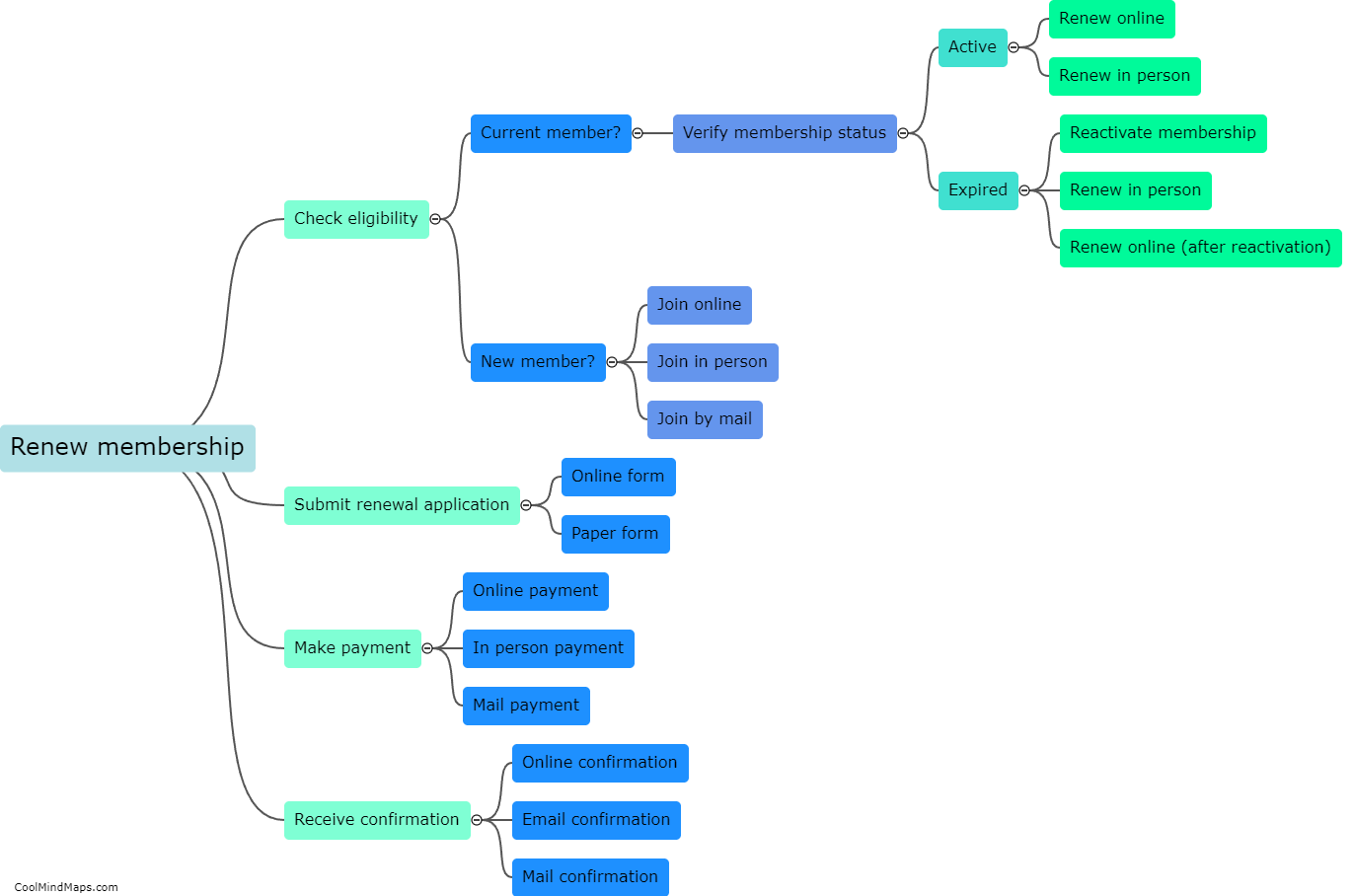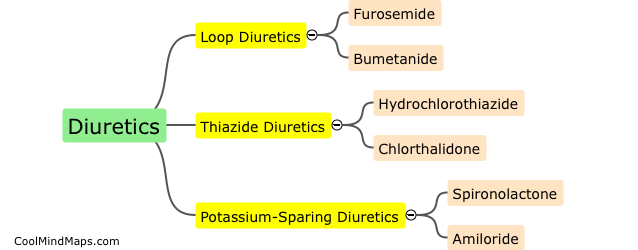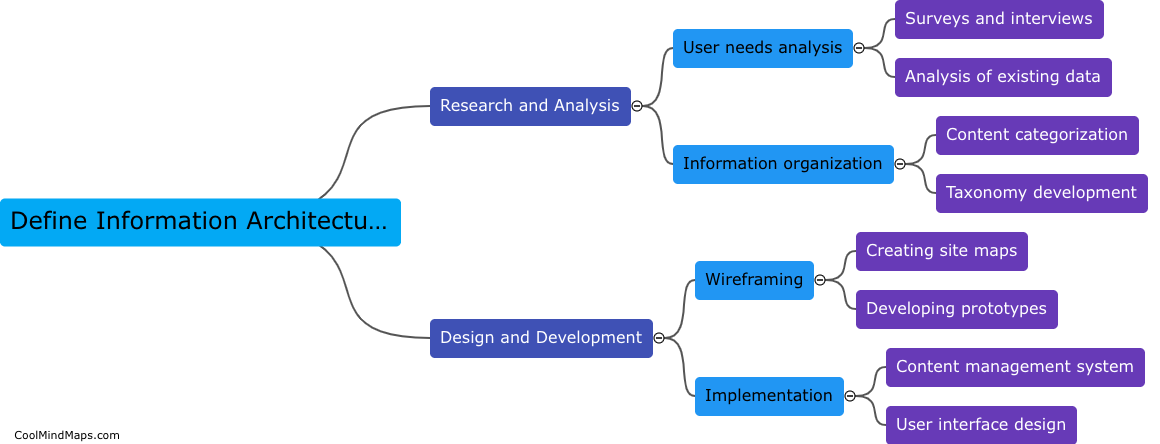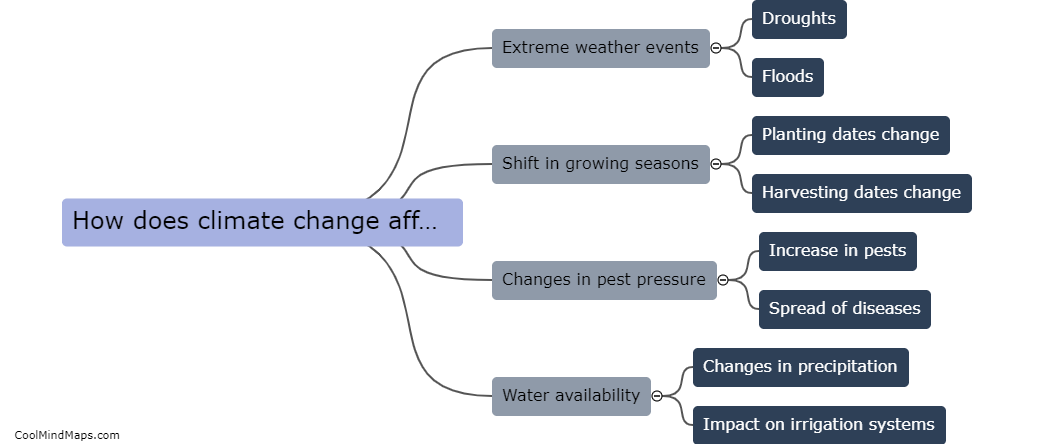How do verbs change based on different tenses?
Verbs change based on different tenses to indicate when an action is happening in relation to the present, past, or future. In English, verbs can be conjugated into different forms to express different tenses, such as present, past, and future. For example, the verb "to run" changes to "ran" in the past tense and "will run" in the future tense. These changes in verb forms help to clarify the timing of an action in a sentence.
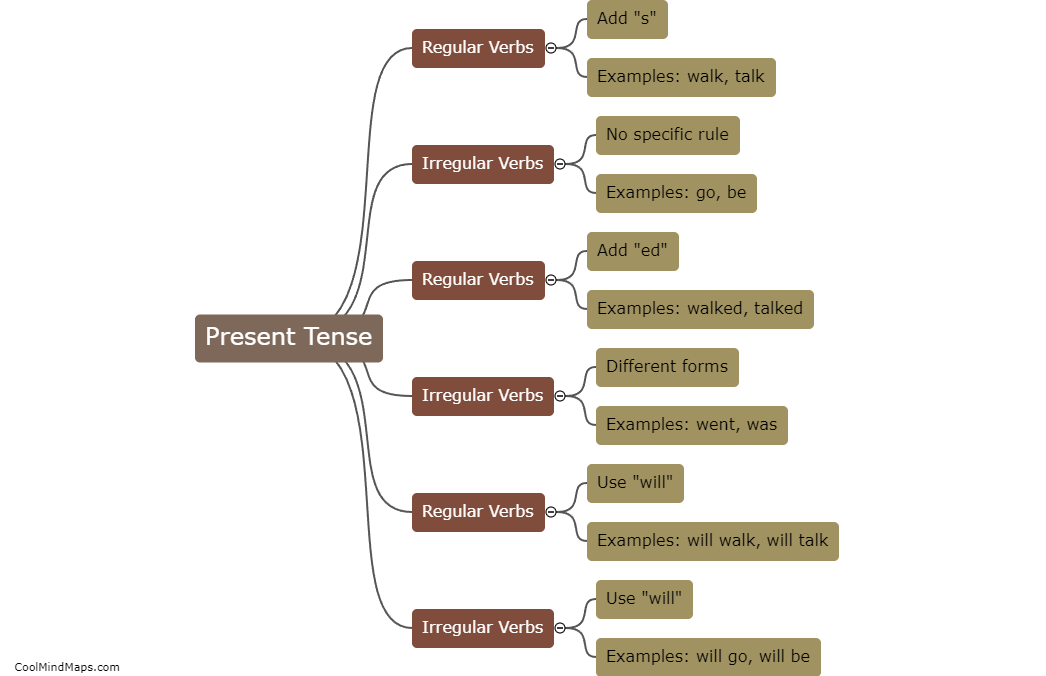
This mind map was published on 7 March 2024 and has been viewed 178 times.
